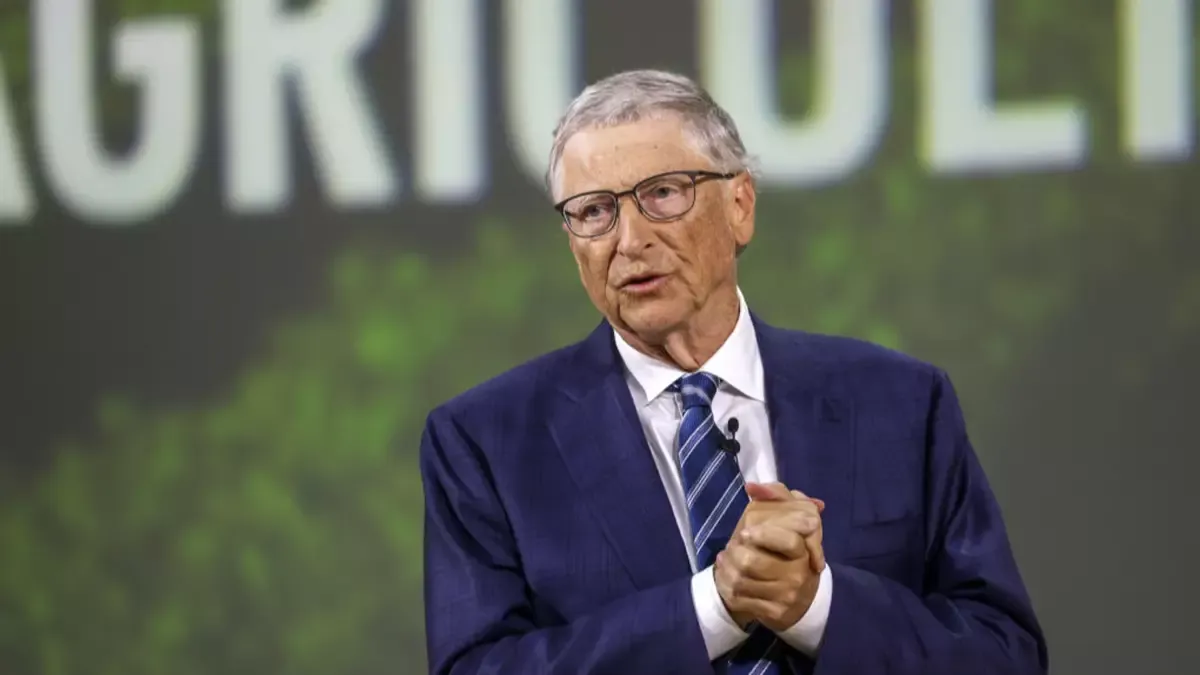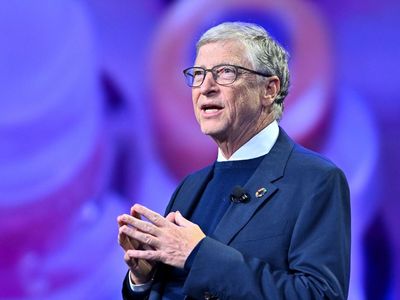Bill Gates reveals four things the younger generation should be ‘very afraid’ of as society evolves
Bill Gates claims future generations should worry and try to tackle at least four significant challenges as humanity moves forward. As one of the wealthiest individuals living today, Bill Gates harbors anxieties primarily connected to what lies ahead. However, at 69 years old, the wealthy technology entrepreneur worries less about his own future and more about upcoming generations. During a conversation with Patrick Collison, he outlined four major concerns young people should focus on, whereas he only had to think about one during his youth.

In his interview, Gates stated: "There exist about four or five very frightening issues, and nuclear war was the only one I truly comprehended and fretted about extensively in my younger days."
While nuclear conflict remains a possible threat, most sensible individuals agree that nuclear war and its aftermath/winter would harm humanity, regardless of the dispute.
Gates revealed that alongside nuclear war concerns, people should now worry about three additional major threats.
He added: "Climate change, bioterrorism/pandemic, and maintaining some control over AI are now included.
"So currently we have four footnotes. Younger people must be very concerned about these issues."
Though Gates has previously discussed how artificial intelligence could dramatically transform society with negative consequences for many, he has also highlighted its possible advantages.

Gates further commented: "We lack sufficient medical experts, individuals who can monitor everything, or people who can teach math in inner cities.
"We face an intelligence shortage, so we use market systems to distribute it. AI will eventually make intelligence basically free—though timeframes remain debatable."
Despite his warnings, Gates remains hopeful about humanity's future and what awaits younger generations.
He contended that despite possible pitfalls, overall conditions will improve.
Gates concluded: "If we address these major problems, life will become much better.
"We'll find solutions for Alzheimer's, obesity, HIV, and we'll eliminate polio, measles, and malaria. Innovation happens faster today than ever before."



